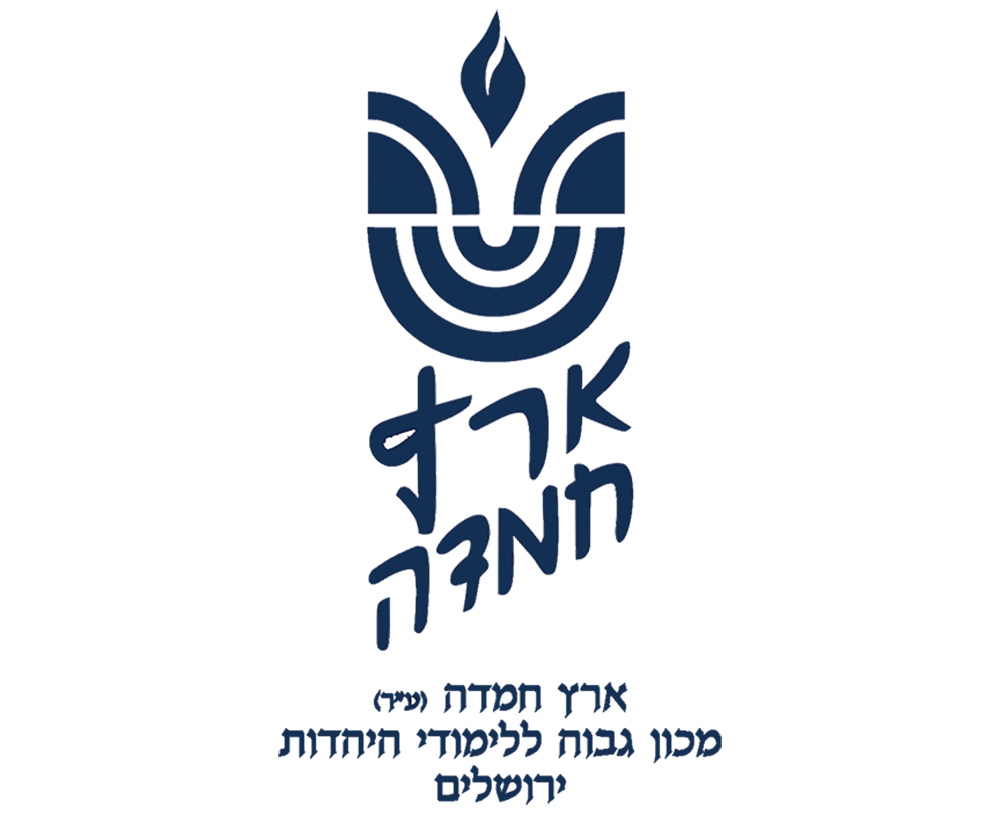לעילוי נשמת
יואל אפרים בן אברהם עוזיאל זלצמן ז”ל
Question: I came out of the bathroom and did netilat yadayim for that purpose, but accidentally I recited the bracha of netilat yadayim. I tried to salvage the situation by, indeed, eating bread as fast as I could. Did that help?
Answer: We wash our hands after using the bathroom without a bracha because it is not the fulfillment of a formal mitzvah, but is necessary to have clean hands for reciting matters of sanctity and for removing ruach ra’ah. (There is a bracha if it is right before Shacharit—Mishna Berura 4:30.) While it is unclear whether one should use a cup for this washing (see “Living the Halachic Process,” volume II, chapter 10), you apparently did. This made your washing fit for netilat yadayim for a meal (Shulchan Aruch, Orach Chayim 159:1), except that you lacked intent for that purpose.
We understand that your mistake was not that you thought you were washing to eat or that washing after the restroom is a formal obligation that includes a bracha. Rather, you washed without intention for the formal mitzvah, and the bracha slipped out due to rote (i.e., you often make a bracha after washing with a cup). Thus, you acted without kavana for what is considered a mitzvah.
What you did—eating bread based on a properly performed netilat yadayim without the intention for a meal (and, thus, without a bracha)—is the subject of a machloket without a clear ruling (see Shulchan Aruch and Rama, Orach Chayim 158:7). This includes where one washed for eating food that was dipped in liquid, where halacha mandates washing without a bracha due to doubt (see ibid. 4 and 7). The Rama, therefore, instructs to repeat netilat yadayim again—without a bracha—because of the possibility that the first washing got the job done (Mishna Berura, ad loc. 32). The opinion that the netilah without kavana to eat now is valid means that there is no need for another netilah before the meal; he did not fulfill a mitzvah with it (see Chazon Ish, Orach Chayim 25:8).
Does inserting kavana to eat based on the netilah, “at least within a moment (toch kdei dibbur)” of the recitation give significance to the recitation? The broad idea of fixing things “toch kdei dibbur” has limitations (see Sdei Chemed volume VI, page 327), and I did not find precedent of it giving a quality to an action done before it (see Yabia Omer II, Orach Chayim 16).
Even if the intention could reach back to fix the bracha, the following source indicates that a bracha cannot fix the nature of the preceding netilah. The Magen Avraham (158:13, accepted by the Mishna Berura ibid.) says that one cannot make a bracha after a netilah without kavana because a bracha is incongruous to such a lacking netilah.
One can still argue that the fact that the netilah was used for the meal (according to the opinion that it works) does give it and its bracha some significance after the fact, considering the two are connected. While not negating the plausibility of that contention, the following Ritva illustrates that the washing and eating are not fully connected. The Ritva (Chulin 106b) says that one who did netilat yadayim with a bracha because he was planning to eat may change his mind and not eat, because the netilat yadayim at its time—based on the plans at that time was required—after the mitzvah was completed, it is irrelevant if the meal materializes or not. He spells out that the eating is only the trigger for the obligation of netilat yadayim; it is not the end of the mitzvah process (admittedly, not everyone understands it this way—see Sdei Chemed ibid., page 328). In our flipside case, your eating is unlikely to change things retroactively, as the netilah was done without obligation.
The following would have been the best way to salvage as much as possible, besides reciting “baruch shem kevod …” on the bracha (Shulchan Aruch, Orach Chayim 206:6). We saw that to eat bread, you needed a second netilat yadayim, without a bracha. Since the bracha on netilat yadayim can work before the washing (Shulchan Aruch, Orach Chayim 158:11), intending that your bracha go on that second washing might have helped (analysis beyond our scope).
This column is written by Rabbi Daniel Mann on behalf of the Eretz Hemdah Institute in Jerusalem, which trains dayanim and has many projects on behalf of klal Yisrael, including its “Ask the Rabbi” service in conjunction with the OU. Rabbi Mann is a dayan at Eretz Hemdah, a senior member of the “Ask the Rabbi” project, and author of its “Living the Halachic Process” series. He is also a Ram at Yeshiva University’s Gruss Kollel in Israel.











